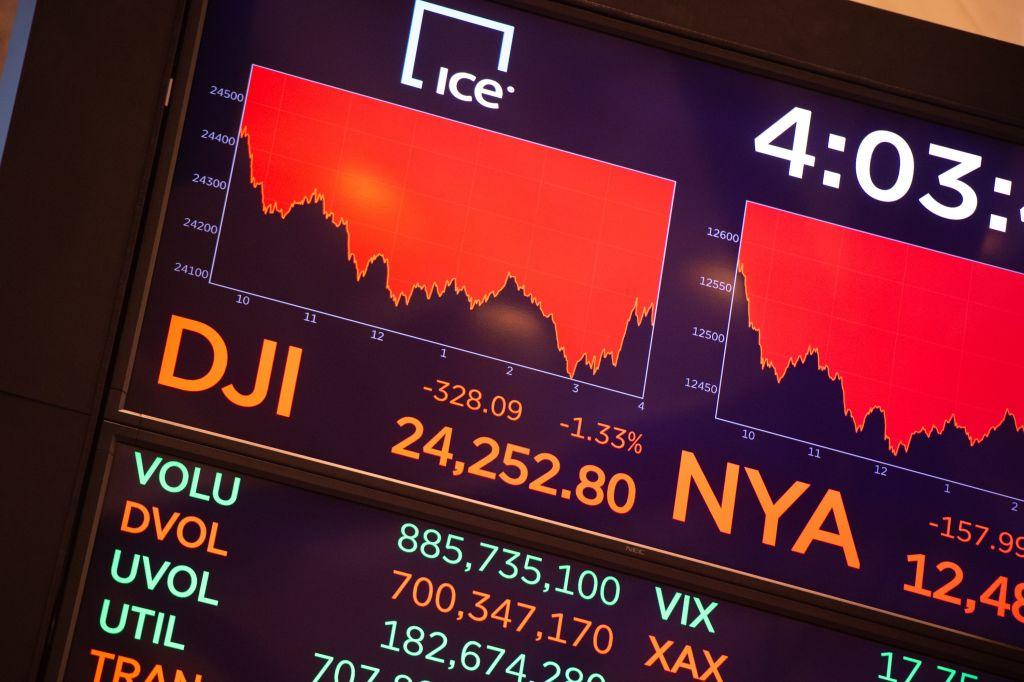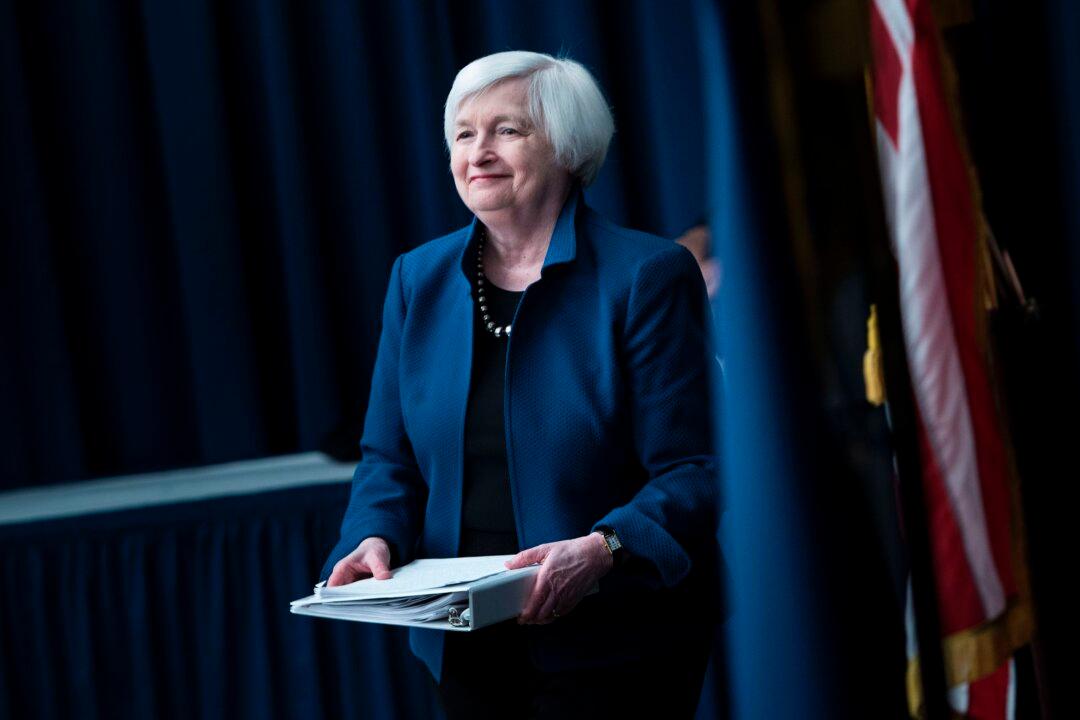Last year, cryptocurrencies like bitcoin and other crypto products based on ethereum burst onto the financial scene for good with spectacular price increases. In 2018, there have been a mini-crash and some sideways movement. Will this volatility keep cryptocurrencies from playing a larger and possibly significant role for payments and investment in the future?
Cryptocurrencies have three basic features. First, they are similar to fiat money, like dollars, euros, or pounds, in as much as they are not backed by anything real like gold and only have value because individuals believe somebody else will accept them as a means of payment in the future.





